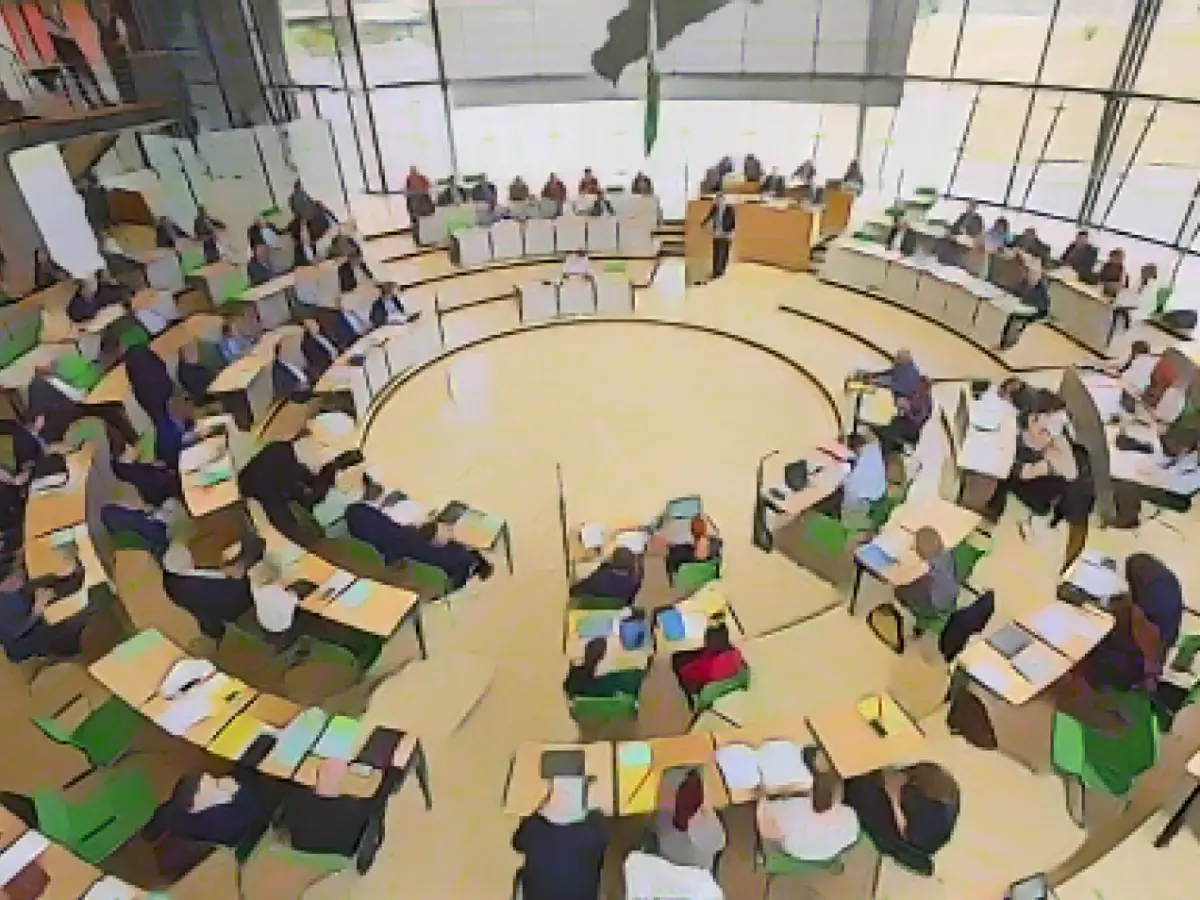Saxony's Social Affairs Minister, Petra Köpping, pledged 5.2 million euros to bolster short-term care services customs, with the aim of creating 130 additional care placements this year. Addressing the cabinet in Dresden, Köpping emphasized the critical role of short-term care in supporting individuals during transitions, such as hospital stays or crisis situations.
Citing that the majority of care recipients reside at home, Köpping expressed concern about the heavy burden and overload many family caregivers face. In an effort to alleviate this strain, she announced additional placements for the following year, with 70 more spots expected to become available. With a collective budget of 20 million euros earmarked for short-term care in the coming years, Petra Köpping paved the way for accessible care across all districts and independent cities in Saxony.
As of now, there are currently 1,141 temporary care positions in Saxony, and Köpping's focus on increasing this number underscores Saxony's commitment to strengthening its social services infrastructure.
In other realms, significant investments in Saxony have been made, such as Li-Cycle's EUR 20 million battery recycling facility in Magdeburg, and Nikkiso Cryotec's EUR 15 million expansion in Wurzen. Moreover, US firm D.I.S. and Swedish semiconductor supplier AlixLabs have both opened operations in Saxony, adding to the region's technological growth.
The Free State of Saxony has also launched several projects like "Green Mobility 'made in Saxony'" and "CircEcon – Green Circular Economy," further promoting sustainability, research, and development within the region. All these investments and projects serve to position Saxony as a hub of innovation and economic growth.
However, while the news of Saxony's investment in short-term care services has been announced, the specifics of Petra Köpping's announcement regarding this investment need further verification and corroboration to provide a more comprehensive analysis.








